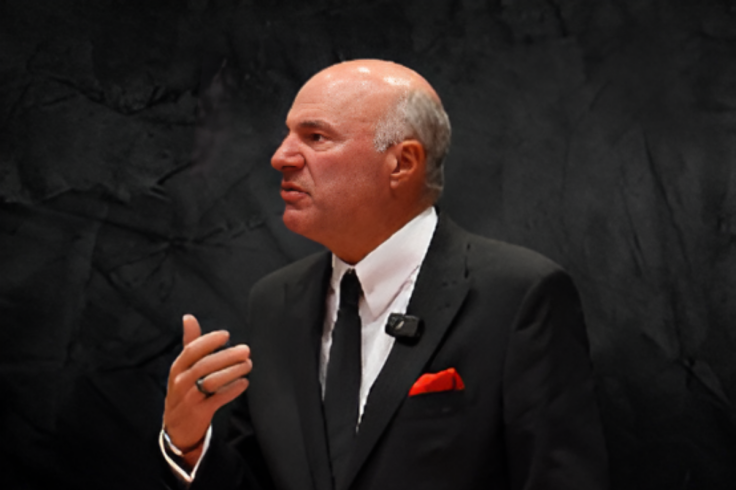
Kevin O'Leary, the multimillionaire investor famously known as 'Mr. Wonderful' on Shark Tank, has once again shared his no-nonsense views on what it truly takes to be a successful leader.
In a candid interview published by Fortune on Sunday, 10 August 2025, O'Leary struck a chord by declaring that popularity and likability are not the keys to success. Instead, he believes respect and effectiveness define great leadership — a philosophy he attributes in large part to his experience working with the late Apple cofounder Steve Jobs.
'Jobs Wasn't Trying to Be Everyone's Friend'
Reflecting on his time alongside Jobs in the 1990s, O'Leary described the Apple visionary as 'ruthlessly focused' and uncompromising when it came to quality and ambition.
'Steve Jobs wasn't trying to be everyone's friend,' O'Leary told Fortune. 'He was trying to change the world — and he did.'
Jobs' uncompromising drive and singular vision, according to O'Leary, created an unmistakable 'signal' that magnetically drew talented people and partners into his orbit, even if he didn't win every person's affection.
'He knew what was possible, and he demanded it,' O'Leary said, adding that Jobs' legacy was ultimately about vision and results, not popularity.
Why Likability Can Be a Dangerous Trap
O'Leary warned that leaders who obsess over being liked often sacrifice long-term success for short-term approval.
'People who are too concerned about being liked are often making decisions to please others,' he said, 'but it often ends up harming their business in the long run.'
Such 'people-pleasing' tendencies, he argues, can stall innovation and growth because they prioritize harmony over bold, sometimes uncomfortable, moves that push boundaries.
Jobs' raw and sometimes abrasive approach, while controversial, was ultimately a driving force behind Apple's remarkable achievements.
Leadership Is About Delivering Results, Not Making Friends
In today's fast-moving corporate landscape, O'Leary believes this lesson remains as relevant as ever. Leaders must have the resilience to face criticism and stay focused on the 'bigger goal.'
As he put it bluntly to Fortune: 'The question is not whether people like you, but whether you can lead them to a place they couldn't get to on their own.'
This blunt but compelling perspective challenges the often modern obsession with likability in leadership and social dynamics. Instead, O'Leary advocates for a results-driven approach that prioritizes vision, strategy, and effectiveness over pleasing the crowd.
From Boardrooms to Start-Up Pitches: A Consistent Philosophy
In the interview, O'Leary compared leading a start-up to managing large corporations, emphasising that decisive action and clear direction always outweigh the pursuit of popularity. His insights into leadership stem from decades of experience navigating high-stakes environments and have shaped his persona as 'Mr. Wonderful' — confident, direct, and unafraid to voice uncomfortable truths.
Remembering Steve Jobs' Enduring Influence on Leadership
Jobs co-founded Apple in 1976 and was instrumental in launching world-changing technologies such as the Macintosh and the iPhone.
Known for his exacting standards and relentless intensity, Jobs' leadership style was far from universally adored at the time, but the results speak for themselves: Apple remains a dominant force in technology today.
O'Leary's reflections spotlight that Jobs' success was never about charm or likability but about getting the best out of people with a vision so clear it inspired even the toughest critics.
'Great leaders don't need to be liked — they need to be respected and effective,' he reiterated.
A Call for Real Leadership
Kevin O'Leary's candid take serves as a timely reminder that true leadership is often messy, complex, and sometimes unpopular. The goal, he insists, should be to lead with conviction and a clear vision that propels teams beyond what they thought possible — not to win a popularity contest.







